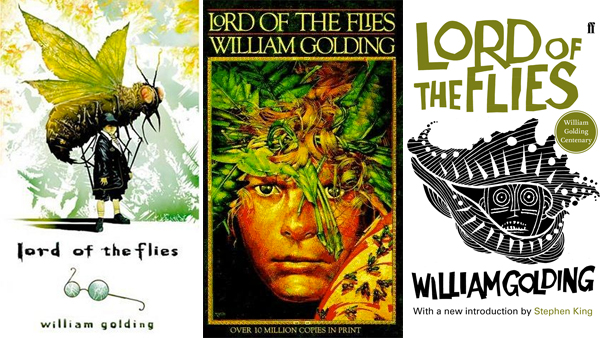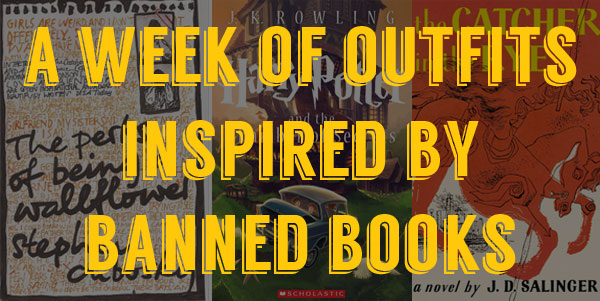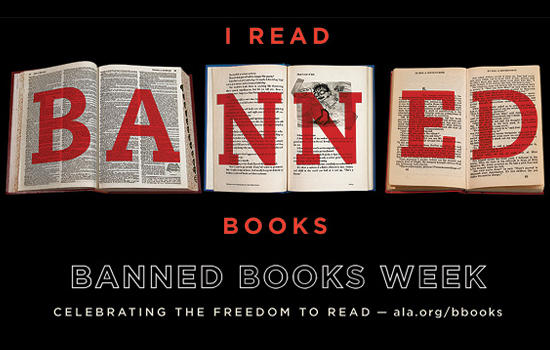Banned Books Week: Why I Read Lord of the Flies Every Five Years
I was probably 11 or 12 the first time I read William Golding’s Lord of the Flies, and ever since then I’ve read the book about every five years. Why do I keep coming back to it? There’s something I can’t shake in the story—the slow descent from order to chaos, the images it conjures of a society created entirely by boys, and of course the characters: the wise Ralph, the alluring and dangerous Jack, the annoying (but ultimately correct) Piggy.
Because I am who I am, I can’t help crossing Lord of the Flies in my mind with Shakespeare’s Tempest. Both start with a wreck and take place on an island. If Lord of the Flies had started with a shipwreck instead of a plane crash, one could imagine Prospero’s daughter Miranda looking on with fear:
Miranda: The sky, it seems, would pour down stinking pitch,
But that the sea, mounting to the welkin's cheek,
Dashes the fire out. O, I have suffered
With those that I saw suffer: a brave vessel,
Who had, no doubt, some noble creature in her,
Dash'd all to pieces. O, the cry did knock
Against my very heart. Poor souls, they perish'd.
Had I been any god of power, I would
Have sunk the sea within the earth or ere
It should the good ship so have swallow’d and
The fraughting souls within her.
In this version, Caliban goes around planting fear and unrest among the boys. Ariel tries as hard as he can to undo Caliban’s work, but ultimate it’s too late: where Tempest moves from chaos to order and resolution, William Shakespeare’s Lord of the Flies turns from relative order to chaos and destruction. Prospero’s efforts at pacification fail, and only a passing ship manages to restore order and rescue the boys. This becomes the Anti-Tempest, the one where things don’t work out in the end.
And maybe that’s why I loved Lord of the Flies, even as a middle schooler. Because sometimes things are messy, sometimes “happily ever after” isn’t a thing. Sometimes everything goes to hell and all the adults can do is look away:
The tears began to flow and sobs shook him [Ralph]. He gave himself up to them now for the first time on the island; great, shuddering spasms of grief that seemed to wrench his whole body. His voice rose under the black smoke before the burning wreckage of the island; and infected by that emotion, the other little boys began to shake and sob too. And in the middle of them, with filthy body, matted hair, and unwiped nose, Ralph wept for the end of innocence, the darkness of man’s heart, and the fall through the air of the true, wise friend called Piggy.
The officer, surrounded by these noises, was moved and a little embarrassed. He turned away to give them time to pull themselves together; and waited, allowing his eyes to rest on the trim cruiser in the distance.




